Top 25 Books For Archaeologists: That Will Stay by Your Side Throughout Your Lifetime!
Books Every Archaeologists Needs To Read At Least Once In Their Lives
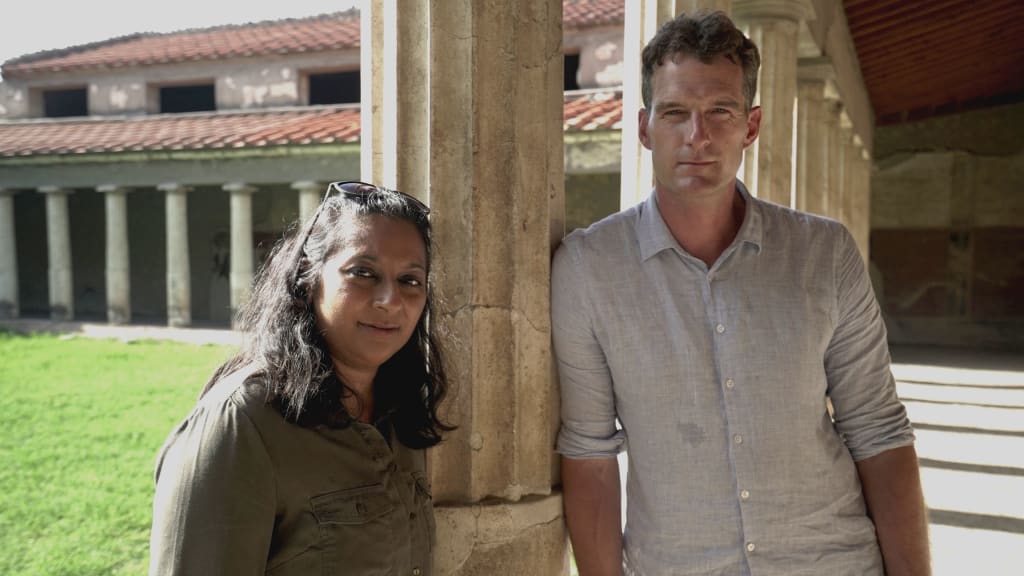
Archaeology is a fascinating field that allows us to uncover the mysteries of ancient civilizations and gain insights into human history. To embark on a journey of discovery and enhance your knowledge as an archaeologist, here are the top 25 books that should be a permanent part of your library. These books delve into diverse topics, from lost civilizations to advanced archaeological methodologies, providing a comprehensive foundation for anyone passionate about archaeology.
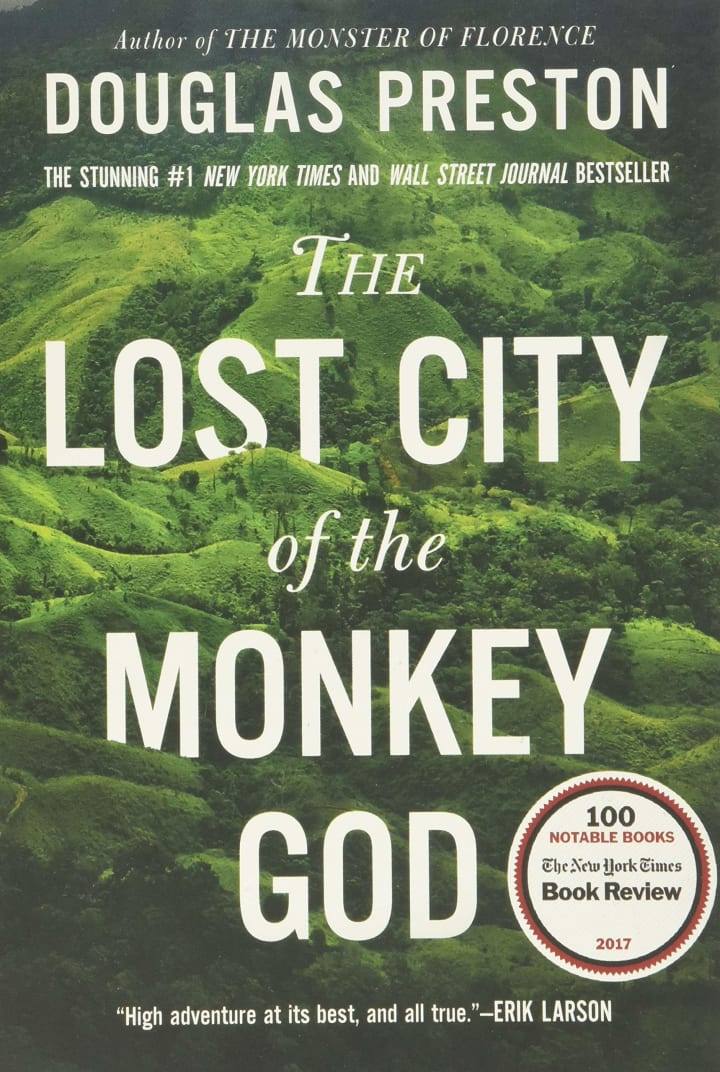
1. "The Lost City of the Monkey God: A True Story" by Douglas Preston:
Douglas Preston's gripping account of the search for the legendary Lost City of the Monkey God takes readers on an expedition into the uncharted jungles of Honduras. This true story combines adventure, history, and archaeology, highlighting the challenges and discoveries encountered along the way. It offers a captivating glimpse into the world of exploration and the importance of preserving ancient heritage.
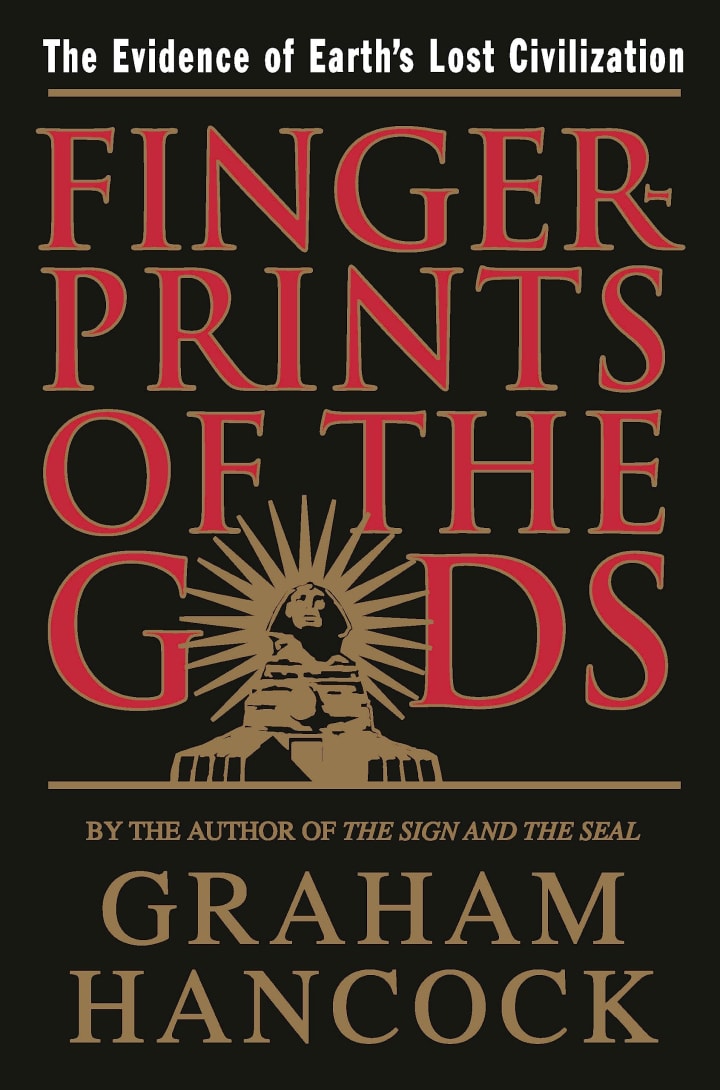
2. "Fingerprints of the Gods: The Evidence of Earth's Lost Civilization" by Graham Hancock:
Graham Hancock presents a groundbreaking exploration of ancient civilizations that predate conventional historical accounts. "Fingerprints of the Gods" challenges traditional narratives and offers compelling evidence for lost civilizations, advanced technologies, and global connections. This thought-provoking book inspires archaeologists to question established paradigms and explore alternative theories.
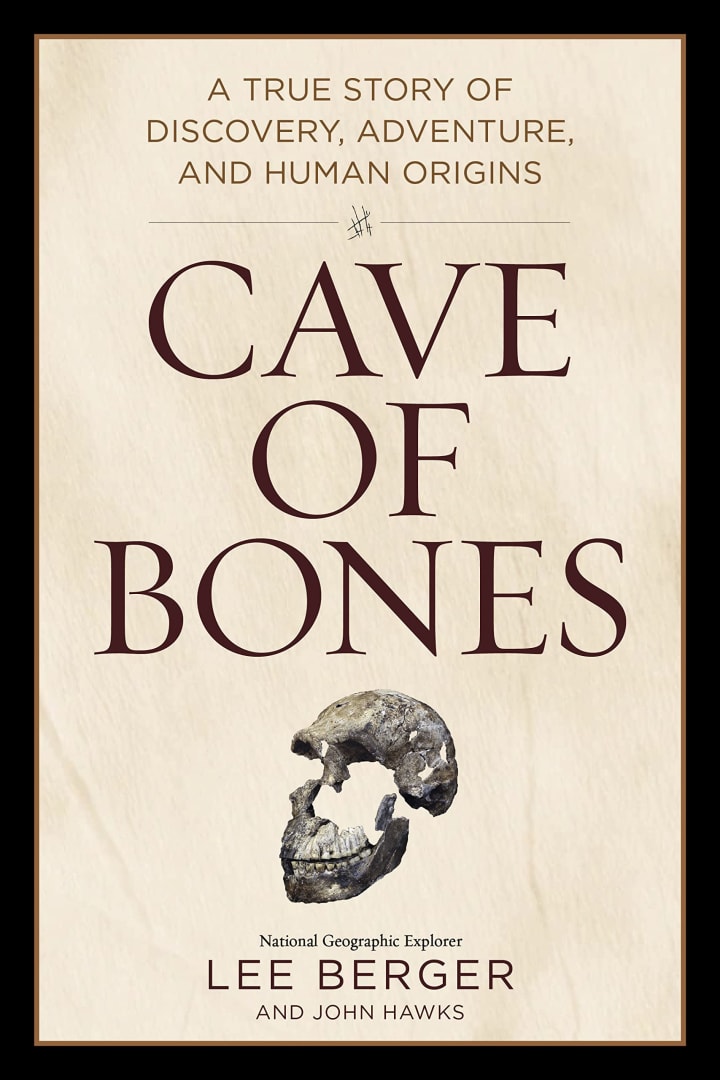
3. "Cave of Bones: A True Story of Discovery, Adventure, and Human Origins" by Lee Berger:
In "Cave of Bones," Lee Berger recounts his thrilling expeditions into the Rising Star Cave in South Africa, where he made astonishing discoveries of ancient hominin remains. This gripping account not only showcases the excitement of fieldwork but also sheds light on human origins and the complexities of our evolutionary history.
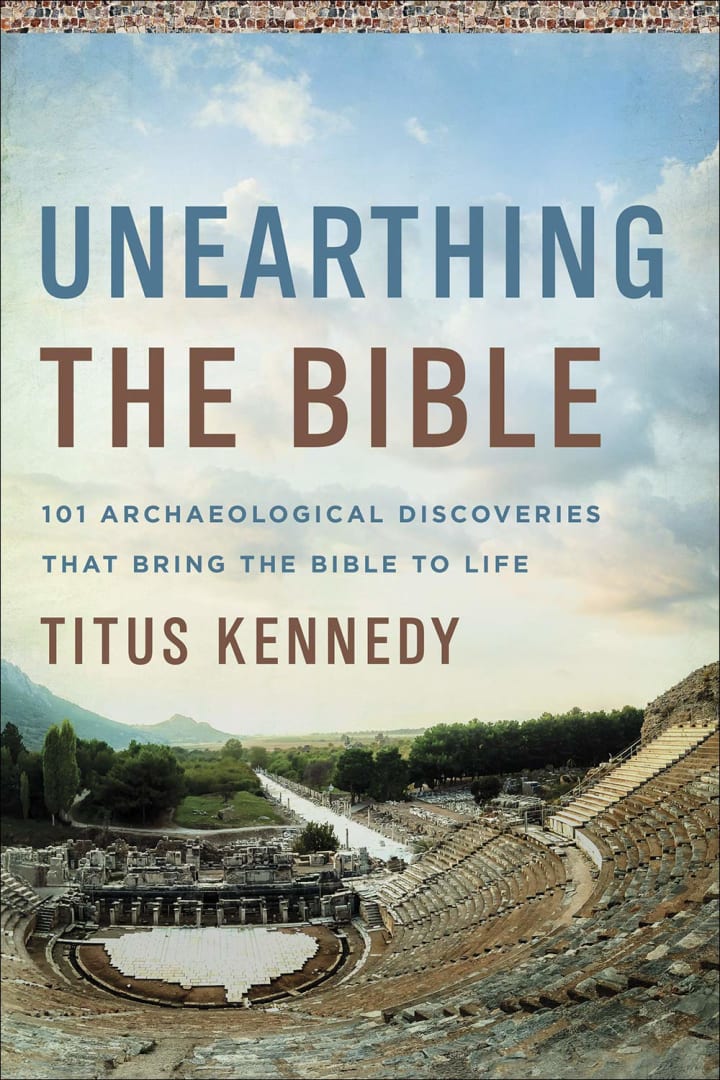
4. "Unearthing the Bible: 101 Archaeological Discoveries That Bring the Bible to Life" by Titus Kennedy:
Titus Kennedy's "Unearthing the Bible" explores 101 archaeological discoveries that provide tangible evidence for the stories and events described in the Bible. From ancient cities to artifacts and inscriptions, this book brings to life the rich historical and cultural context of the biblical narratives. It serves as a valuable resource for archaeologists interested in the intersection of archaeology and biblical studies.
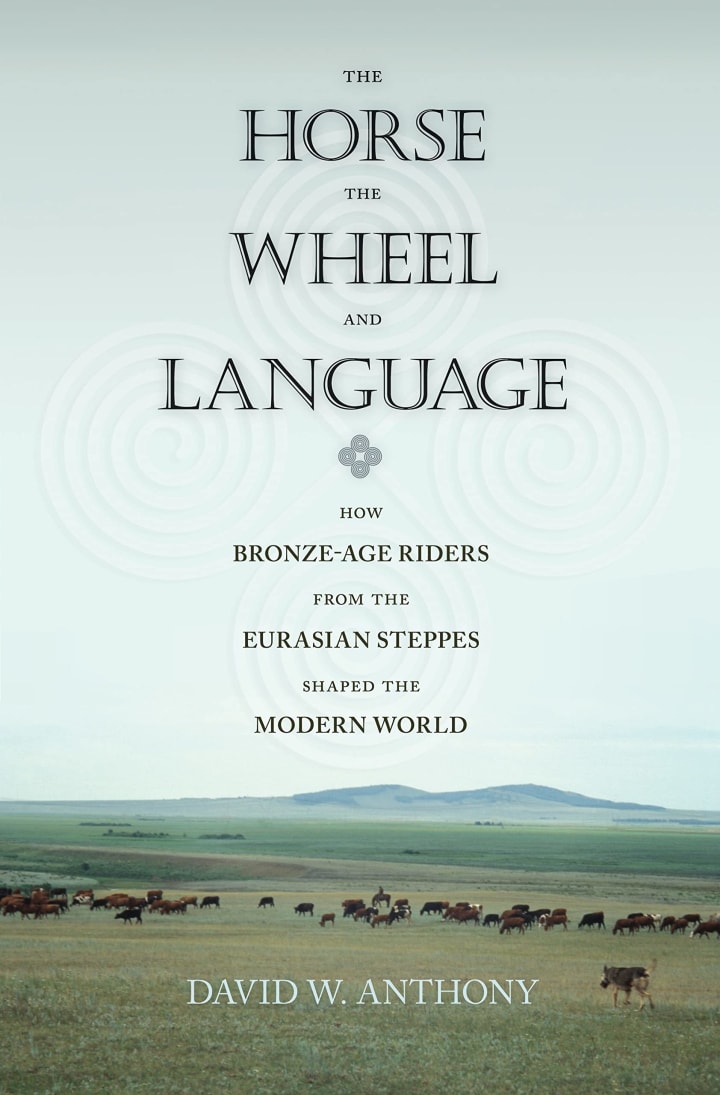
5. "The Horse, the Wheel, and Language: How Bronze-Age Riders from the Eurasian Steppes Shaped the Modern World" by David W. Anthony:
David W. Anthony's groundbreaking book examines the profound impact of ancient horse-riding nomads on world history. By analyzing archaeological evidence and linguistic connections, "The Horse, the Wheel, and Language" explores how these riders shaped cultural, technological, and linguistic developments across Eurasia. This thought-provoking work sheds light on the interconnectedness of ancient civilizations.
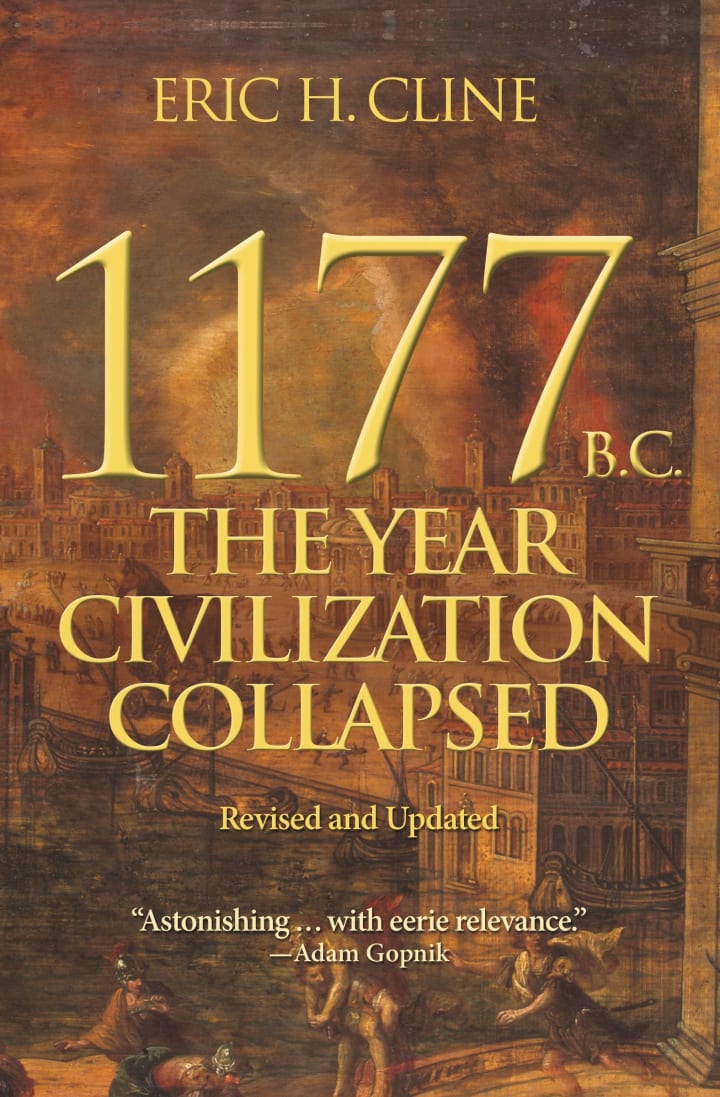
6. "1177 B.C.: The Year Civilization Collapsed: Revised and Updated (Turning Points in Ancient History, 1)" by Eric H. Cline:
Eric H. Cline's "1177 B.C." takes readers back to the tumultuous period when multiple ancient civilizations faced collapse. Drawing on archaeological evidence and historical records, Cline examines the interconnectedness of these societies and the factors that led to their downfall. This book offers valuable insights into the fragility and resilience of past civilizations.
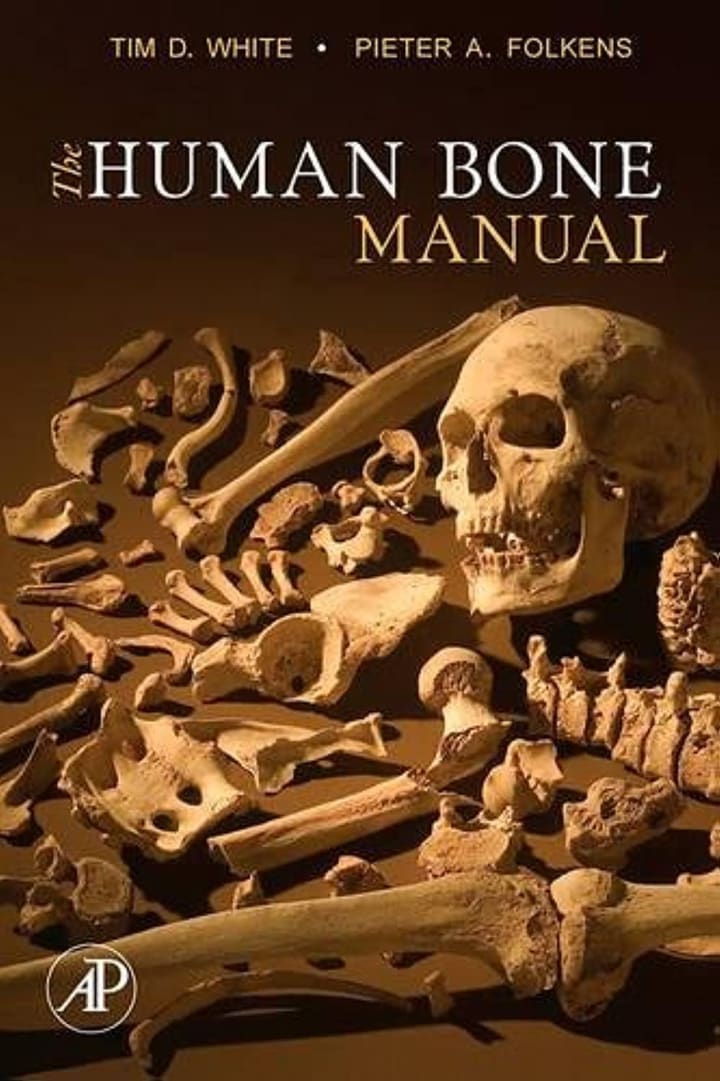
7. "The Human Bone Manual" by Tim D. White and Pieter A. Folkens:
Understanding human skeletal remains is crucial for reconstructing past societies. "The Human Bone Manual" offers a detailed and practical approach to the study of human bones, covering topics such as skeletal anatomy, age estimation, and pathological conditions. This book is an invaluable reference for anyone working with human remains in archaeological contexts.
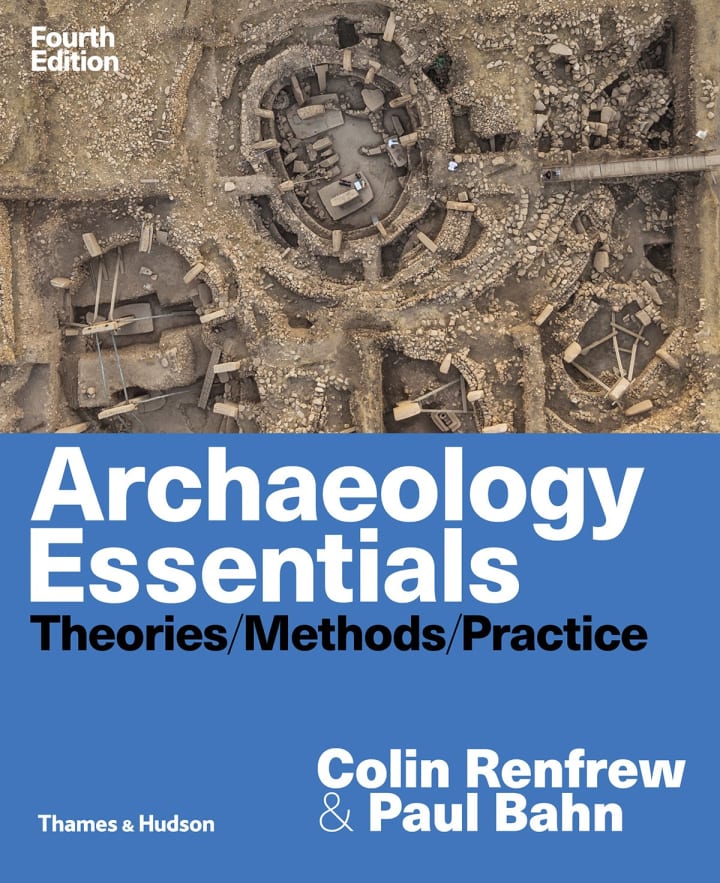
8. "Archaeology, Theories, Methods and Practice" by Colin Renfrew and Paul Bahn:
This comprehensive guide provides an in-depth exploration of archaeological theories, methodologies, and practices. From excavation techniques to the interpretation of archaeological data, "Archaeology, Theories, Methods and Practice" covers a wide range of topics. Its rich content and accessible writing style make it an indispensable resource for archaeologists of all levels.
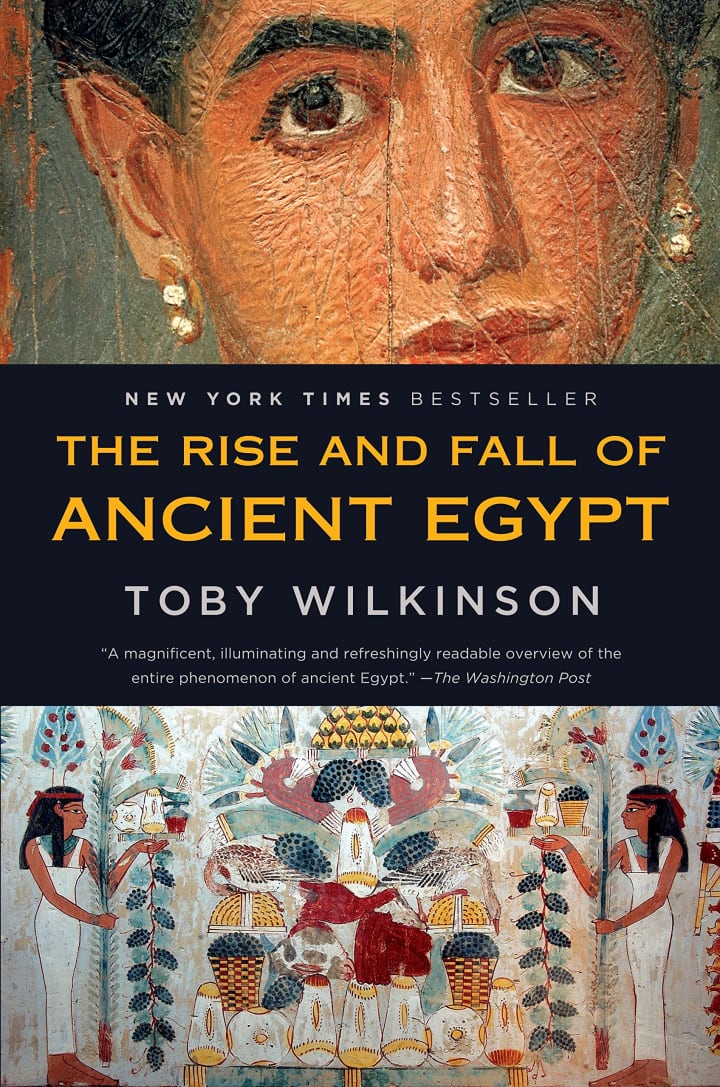
9. "The Rise and Fall of Ancient Egypt" by Toby Wilkinson:
Toby Wilkinson's "The Rise and Fall of Ancient Egypt" provides a captivating narrative of one of history's greatest civilizations. Through archaeological discoveries and historical records, Wilkinson unveils the triumphs, challenges, and cultural achievements of ancient Egypt. This book offers a comprehensive overview of Egypt's rich history and its enduring legacy.
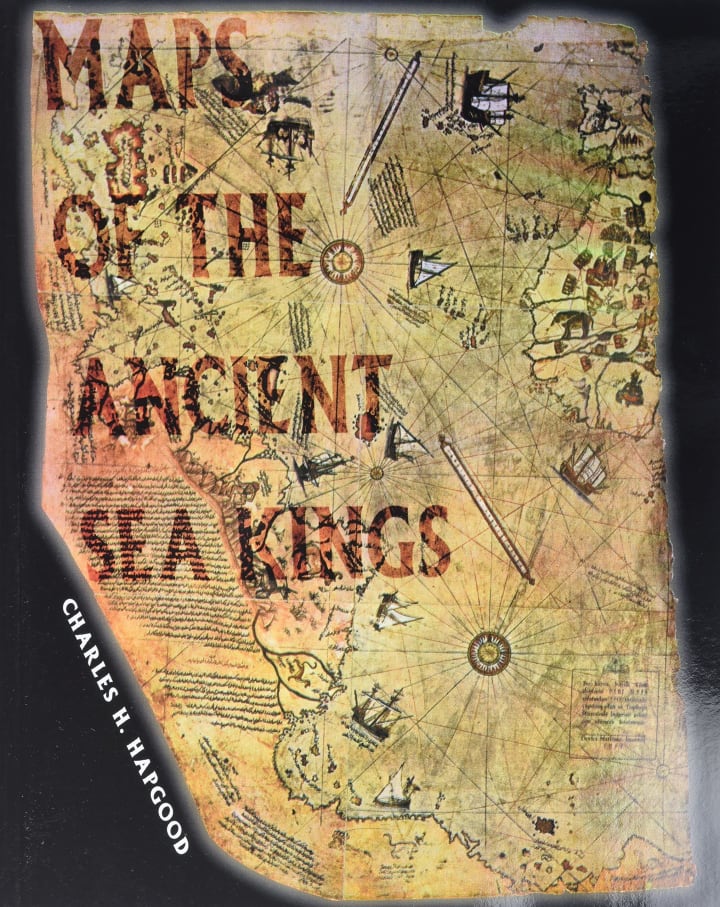
10. "Maps of the Ancient Sea Kings: Evidence of Advanced Civilization in the Ice Age" by Charles H. Hapgood:
Charles H. Hapgood's "Maps of the Ancient Sea Kings" explores enigmatic maps that suggest advanced seafaring civilizations existed in the distant past. This thought-provoking book delves into the mysteries of ancient cartography and raises questions about the capabilities and knowledge of early societies. It presents intriguing possibilities for archaeological research and understanding early maritime history.
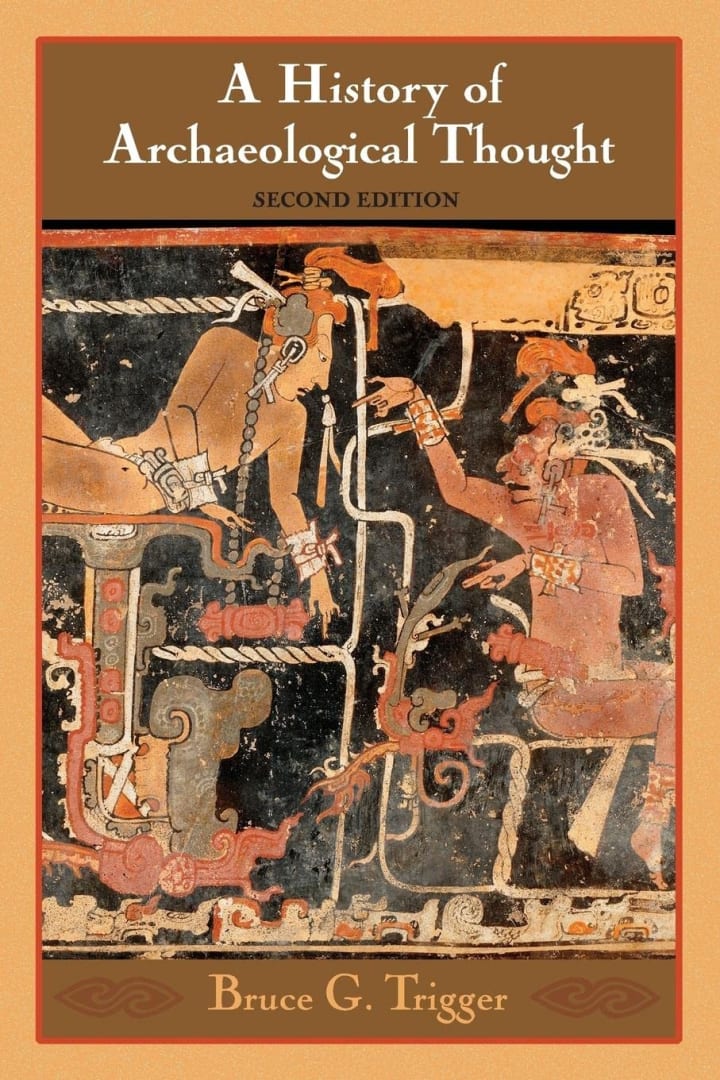
11. "A History of Archaeological Thought" by Bruce G. Trigger:
Delve into the fascinating evolution of archaeological thought with Bruce G. Trigger's "A History of Archaeological Thought." This seminal work explores the intellectual developments and debates that have shaped the field of archaeology. From early antiquarians to contemporary theorists, the book provides a comprehensive overview of the diverse perspectives that have influenced archaeological interpretations over time.
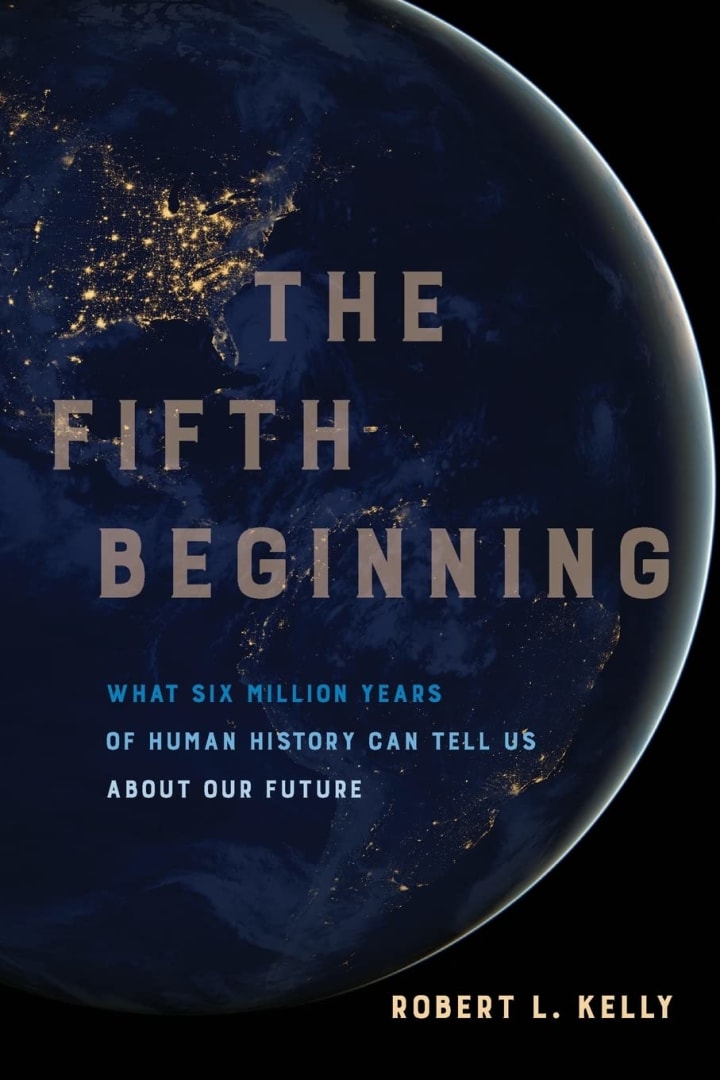
12. "The Fifth Beginning: What Six Million Years of Human History Can Tell Us about Our Future" by Robert L. Kelly:
Drawing on six million years of human history, Robert L. Kelly's "The Fifth Beginning" offers thought-provoking insights into our past and its implications for the future. Exploring the patterns and transitions that have defined human societies, this book sheds light on the challenges and opportunities we face in the present day.
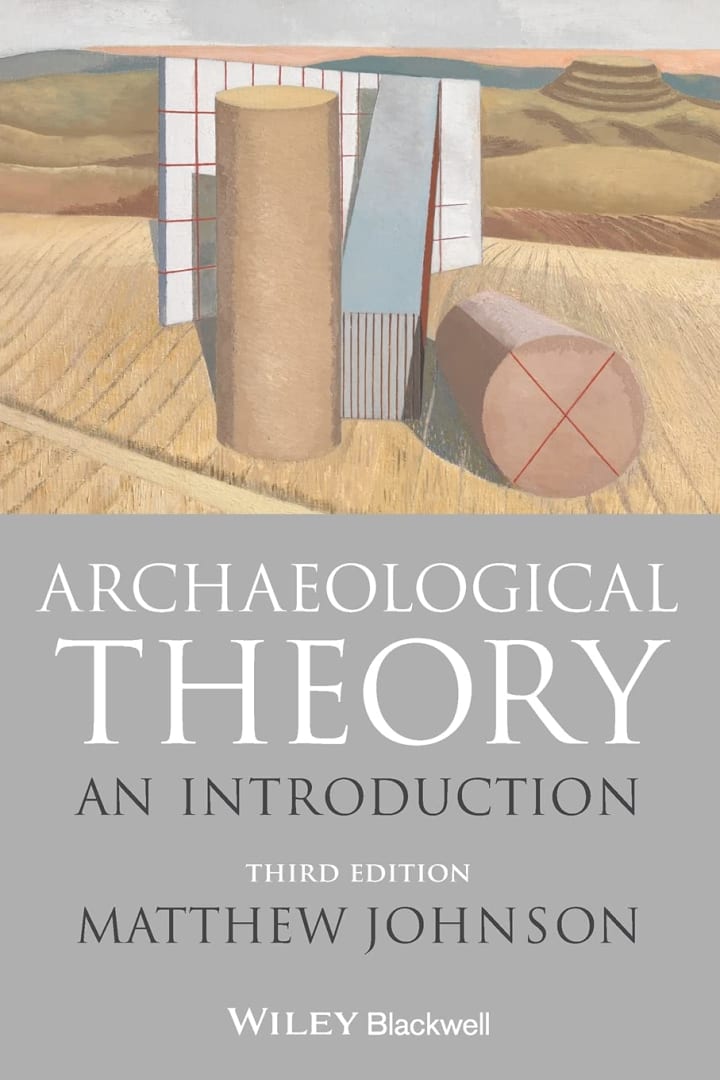
13. "Archaeological Theory, an Introduction" by Mark Johnson:
In "Archaeological Theory, an Introduction," Mark Johnson presents a concise and accessible introduction to archaeological theory. This book examines various theoretical approaches and their application to archaeological research. It provides a solid foundation for understanding the conceptual frameworks that underpin archaeological interpretations.
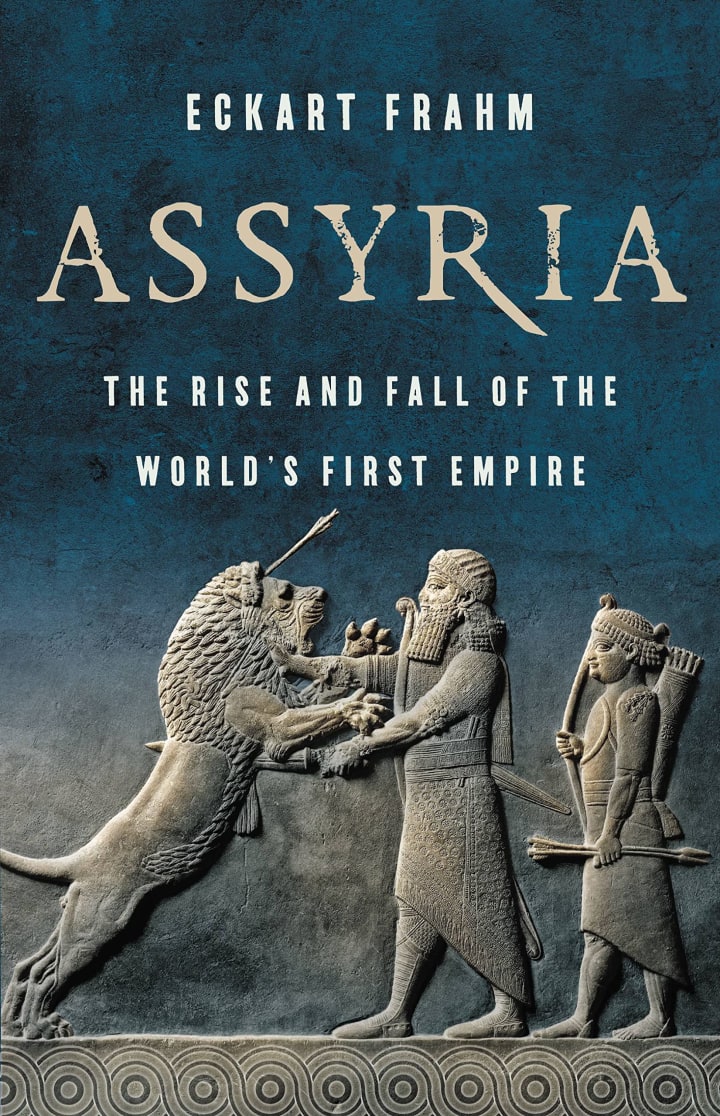
14. "Assyria: The Rise and Fall of the World's First Empire" by Eckart Frahm:
Eckart Frahm's "Assyria" explores the fascinating history of the world's first empire. Through archaeological discoveries and historical accounts, this book traces the rise and fall of the Assyrian civilization, showcasing its military prowess, cultural achievements, and imperial ambitions. It offers a comprehensive perspective on an influential ancient power.
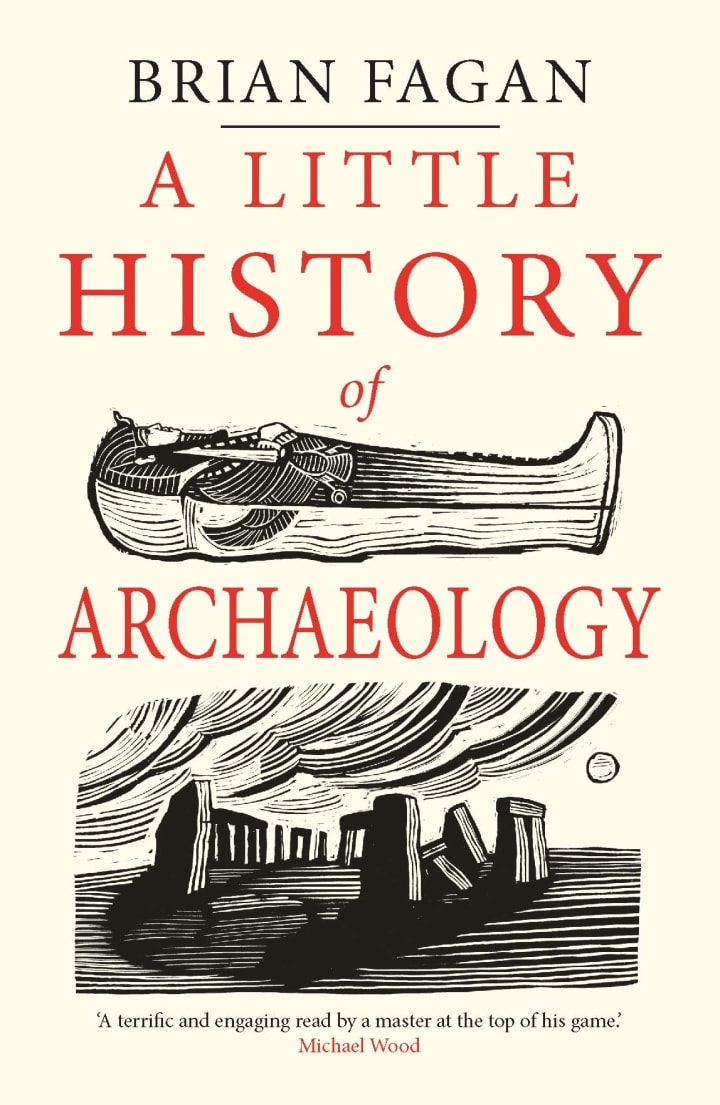
15. "A Little History of Archaeology" by Brian Fagan:
Embark on a journey through the history of archaeology with Brian Fagan as your guide. In "A Little History of Archaeology," Fagan traces the development of the field, from its early beginnings to modern discoveries. Filled with engaging narratives and anecdotes, it offers a delightful exploration of archaeology's milestones.
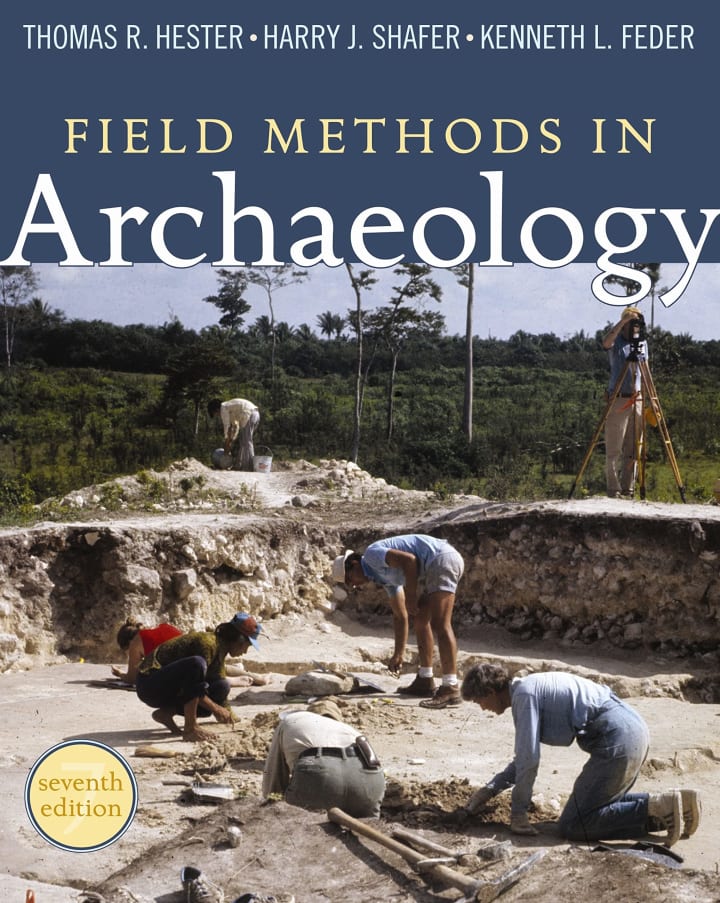
16. "Field Methods in Archaeology" by Thomas R. Hester, Harry J. Shafer, and Kenneth L. Feder:
Fieldwork lies at the heart of archaeological practice. "Field Methods in Archaeology" covers various field methods used in archaeological investigations, including excavation techniques, surveying, and recording. It equips aspiring archaeologists with essential skills and practical knowledge needed for successful fieldwork.
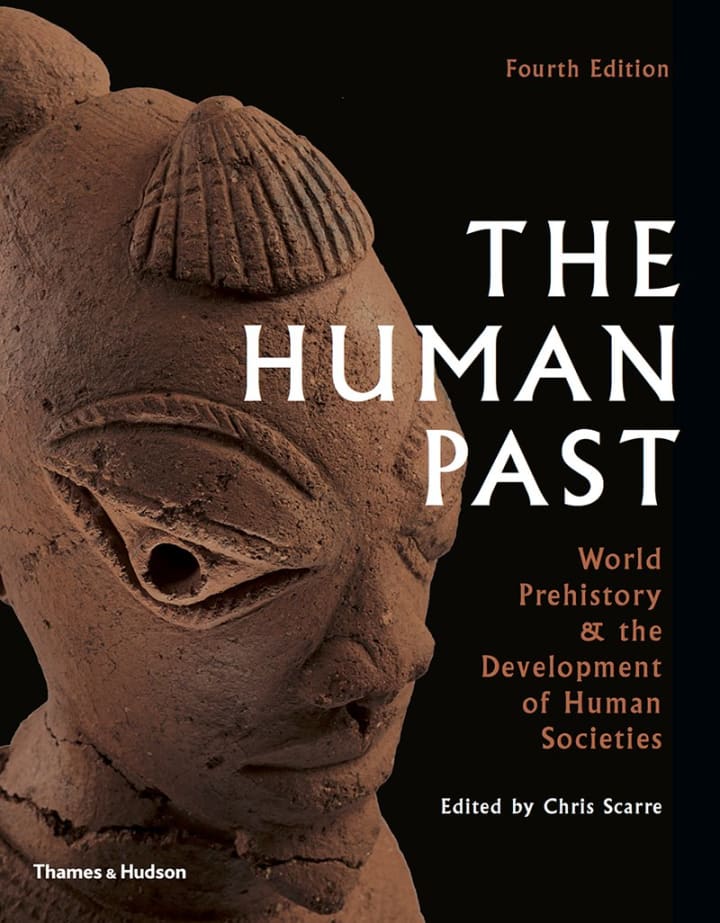
17. "The Human Past: World History & the Development of Human Societies" (Fourth Edition) by Chris Scarre:
Broaden your understanding of human history with Chris Scarre's "The Human Past." This illuminating book examines the development of human societies across the globe, from prehistoric times to the present. Providing a global perspective, it highlights key archaeological discoveries and their significance in shaping our collective past.
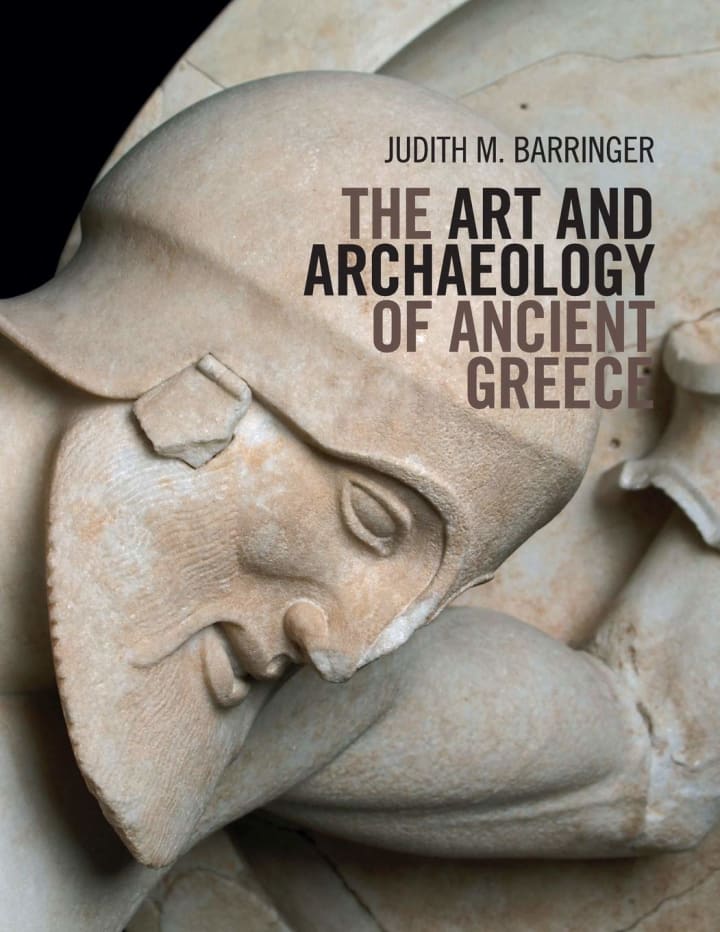
18. "The Art and Archaeology of Ancient Greece" by Judith M. Barringer:
Explore the rich artistic and cultural heritage of ancient Greece through the lens of archaeology. In "The Art and Archaeology of Ancient Greece," Judith Barringer offers a compelling study of Greek art and its archaeological context. This book provides valuable insights into the society and aesthetics of this influential civilization.
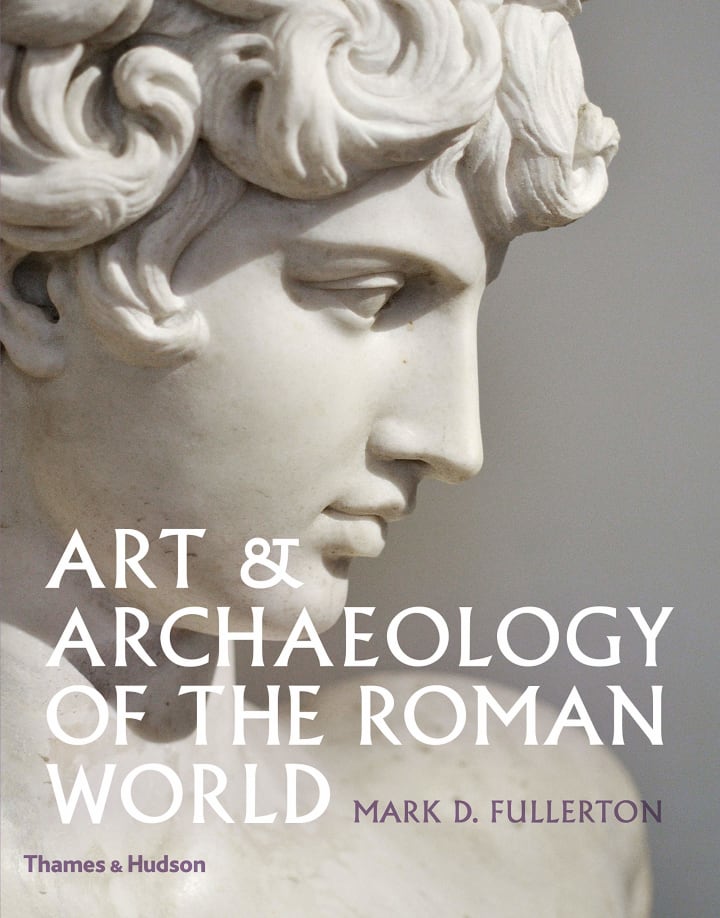
19. "Art & Archaeology of the Roman World" by Mark Fullerton:
Journey into the magnificent world of ancient Rome through its art and archaeological remains. In "Art & Archaeology of the Roman World," Mark Fullerton delves into the visual culture of the Roman Empire, exploring its architecture, sculpture, painting, and more. This book provides a captivating glimpse into the artistic achievements of one of history's greatest civilizations.
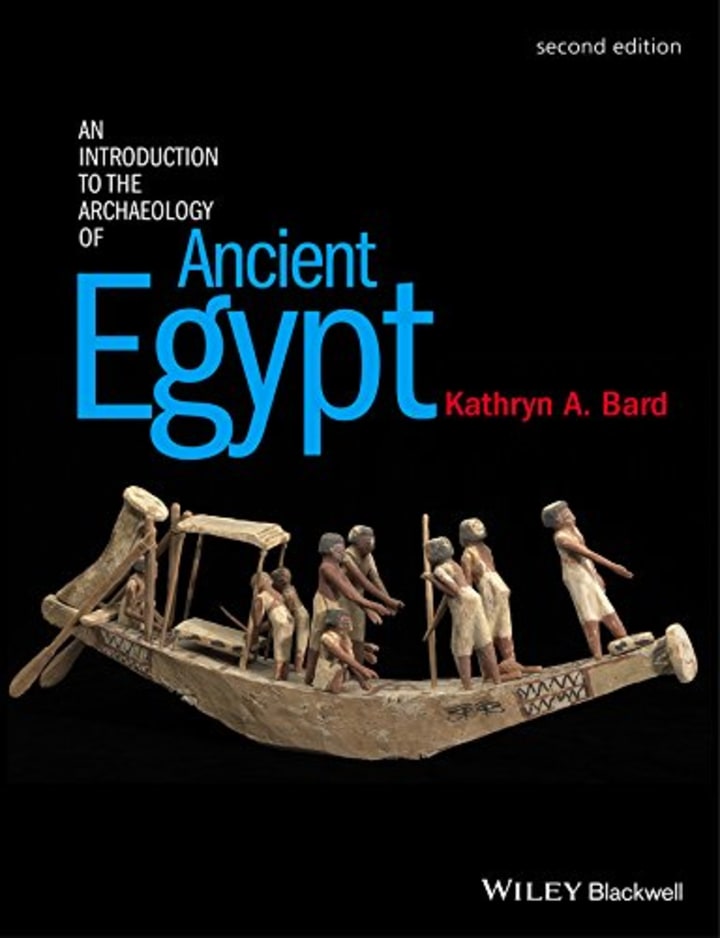
20. "An Introduction to the Archaeology of Ancient Egypt" by Kathryn A. Bard:
Unravel the secrets of ancient Egypt with Kathryn A. Bard's "An Introduction to the Archaeology of Ancient Egypt." This accessible introduction examines the material culture, tombs, and temples of this enigmatic civilization. The book offers a comprehensive overview of archaeological discoveries that shed light on the lives and beliefs of the ancient Egyptians.
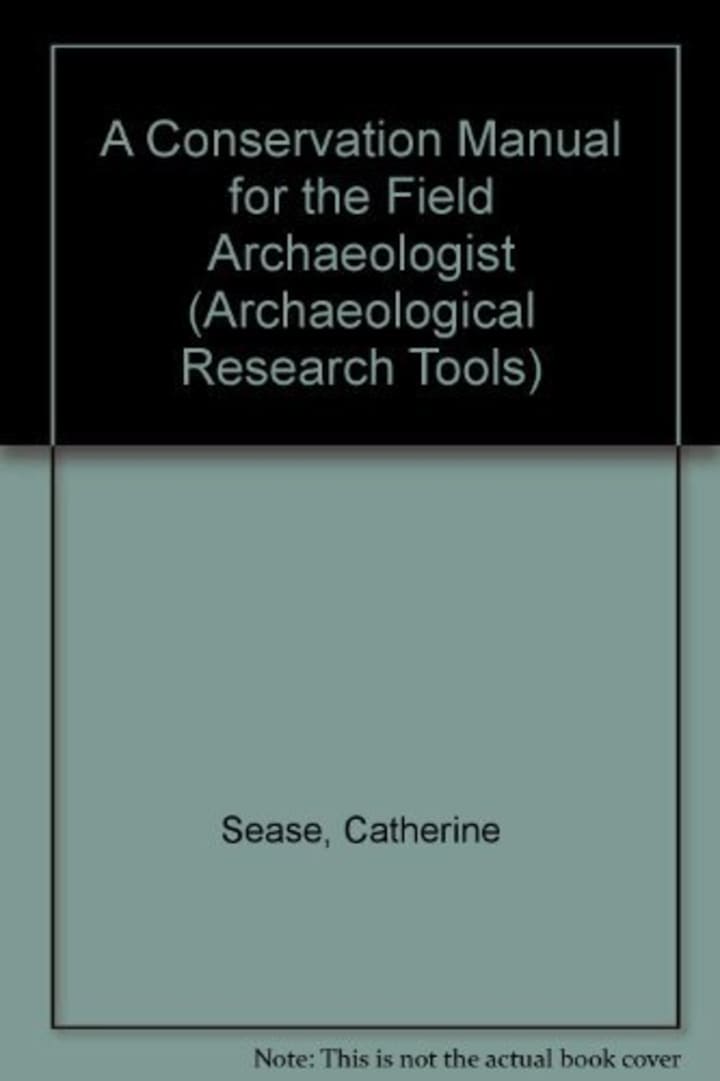
21. "A Conservation Manual for the Field Archaeologist" by Catherine Sease:
Preserving archaeological artifacts is essential for their study and future generations. "A Conservation Manual for the Field Archaeologist" by Catherine Sease provides practical guidance on artifact conservation in the field. From cleaning and stabilization techniques to documentation and storage, this book equips archaeologists with the knowledge and skills necessary for responsible artifact preservation.
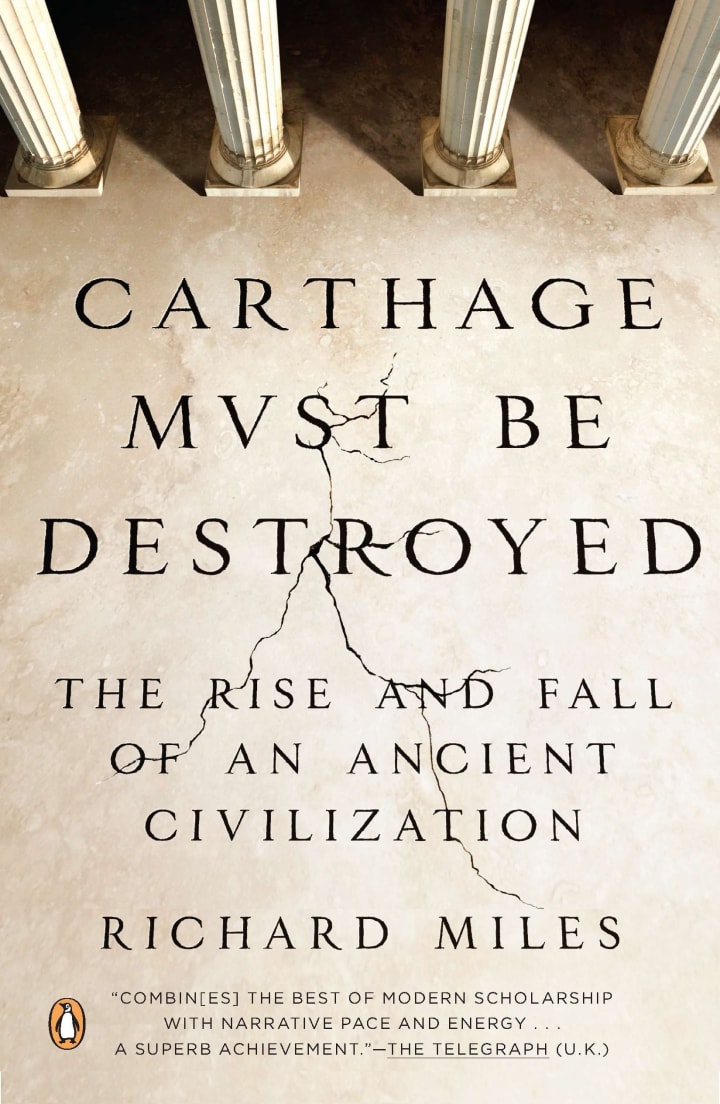
22. "Carthage Must Be Destroyed: The Rise and Fall of an Ancient Civilization" by Richard Miles:
"Carthage Must Be Destroyed: The Rise and Fall of an Ancient Civilization" by Richard Miles is a compelling exploration of the rise and fall of Carthage. With meticulous research and engaging storytelling, Miles vividly brings to life the history, culture, and conflicts of this influential civilization. A must-read for anyone fascinated by ancient history and the dynamics of ancient empires.
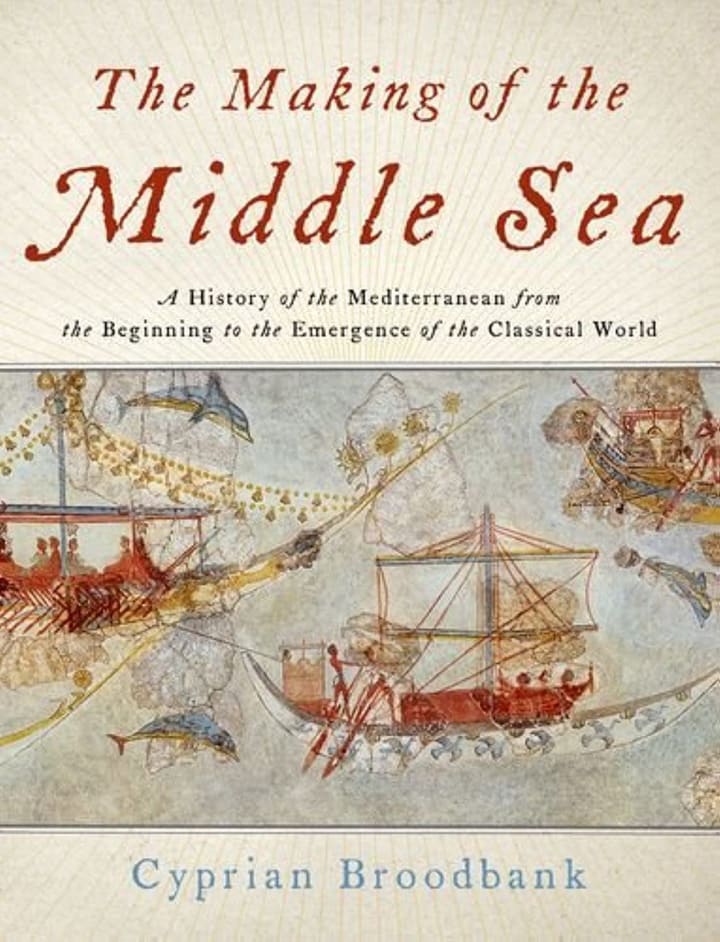
23. "The Making of the Middle Sea: A History of the Mediterranean from the Beginning to the Emergence of the Classical World" by Cyprian Broodbank:
"The Making of the Middle Sea: A History of the Mediterranean from the Beginning to the Emergence of the Classical World" by Cyprian Broodbank is an expansive and insightful journey through the complex history of the Mediterranean region. Broodbank skillfully weaves together archaeological evidence, historical accounts, and environmental factors to present a comprehensive narrative of the Mediterranean's evolution. This book offers a profound understanding of the interconnectedness of ancient civilizations and the pivotal role the Mediterranean played in shaping human history.
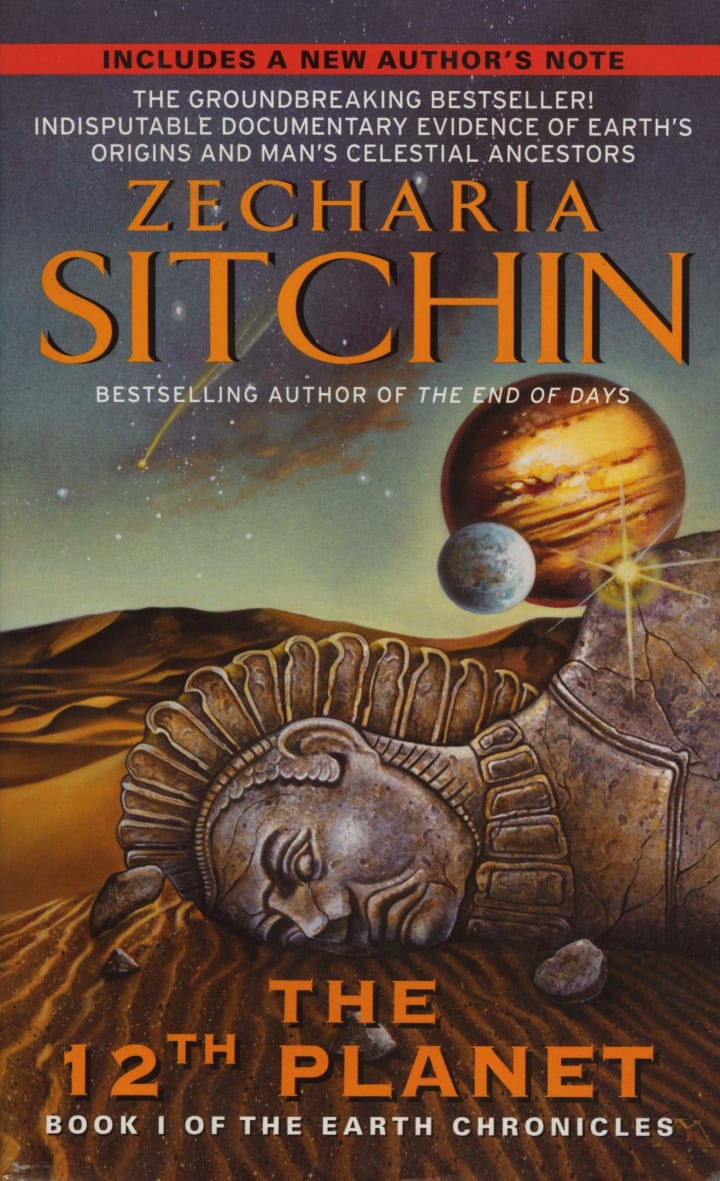
24. "Twelfth Plan: Book I of the Earth Chronicles (Earth Chronicles, 1)" by Zecharia Sitchin:
Zecharia Sitchin's "Twelfth Plan" takes readers on an unconventional journey into the mysteries of ancient civilizations and extraterrestrial interactions. Drawing on archaeological findings and ancient texts, Sitchin presents an alternative narrative of human history that challenges conventional interpretations. This book sparks imaginative thinking and encourages critical analysis of archaeological evidence.
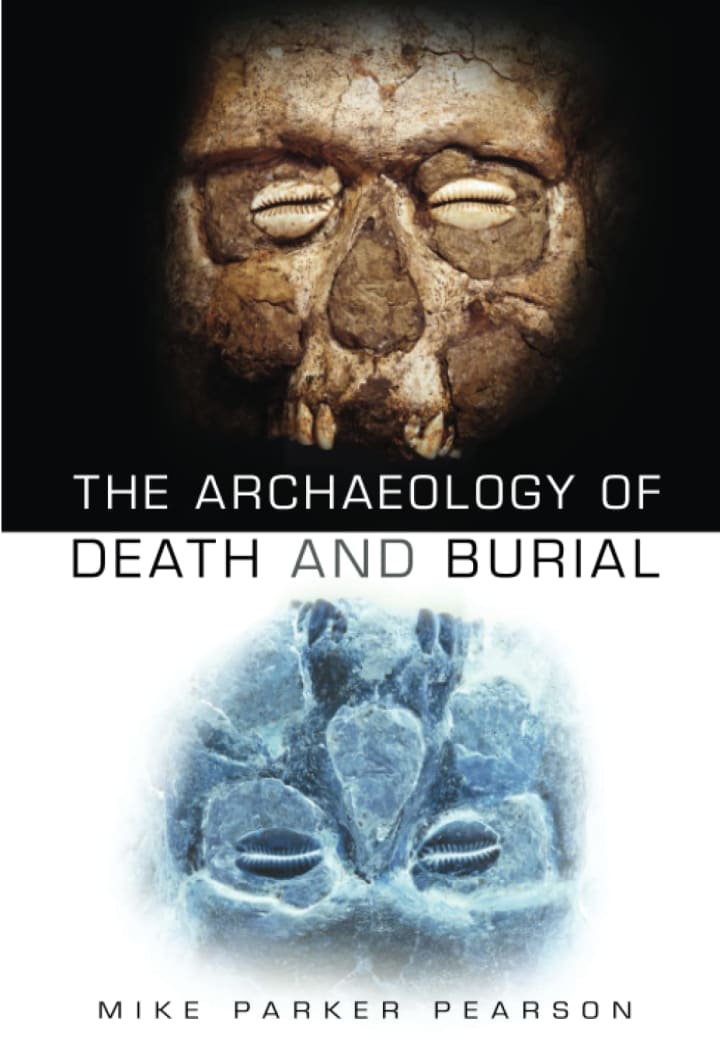
25. "The Archaeology of Death and Burial" by Michael Parker Pearson:
Michael Parker Pearson's "The Archaeology of Death and Burial" delves into the intriguing world of mortuary practices and burial customs. This book explores how different cultures and societies throughout history have approached death, burial rituals, and the treatment of the deceased. It offers valuable insights into the social, religious, and cultural dimensions of past civilizations.
Conclusion:
These 25 books form a comprehensive collection that covers a wide range of topics within the field of archaeology. From lost civilizations and groundbreaking discoveries to theoretical frameworks and practical methodologies, each book offers unique insights and valuable knowledge for archaeologists and enthusiasts alike. By immersing yourself in these diverse perspectives, you'll gain a deeper understanding of the past and the significance of archaeological research in unraveling the mysteries of human history. So, grab a book, embark on a captivating journey, and let the pages of these archaeological wonders inspire your exploration of the ancient world!
About the Creator
NovelNest Books
Book Recommendations
Enjoyed the story? Support the Creator.
Subscribe for free to receive all their stories in your feed. You could also pledge your support or give them a one-off tip, letting them know you appreciate their work.

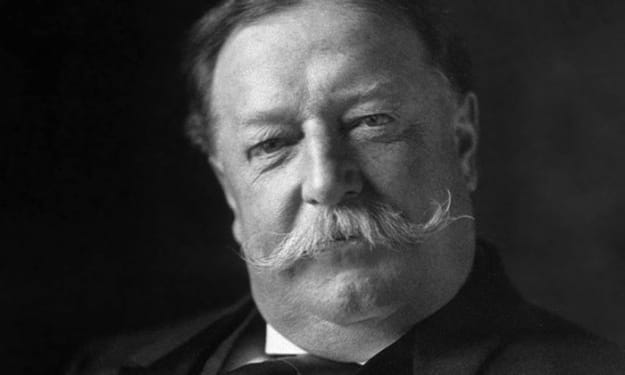



Comments
There are no comments for this story
Be the first to respond and start the conversation.